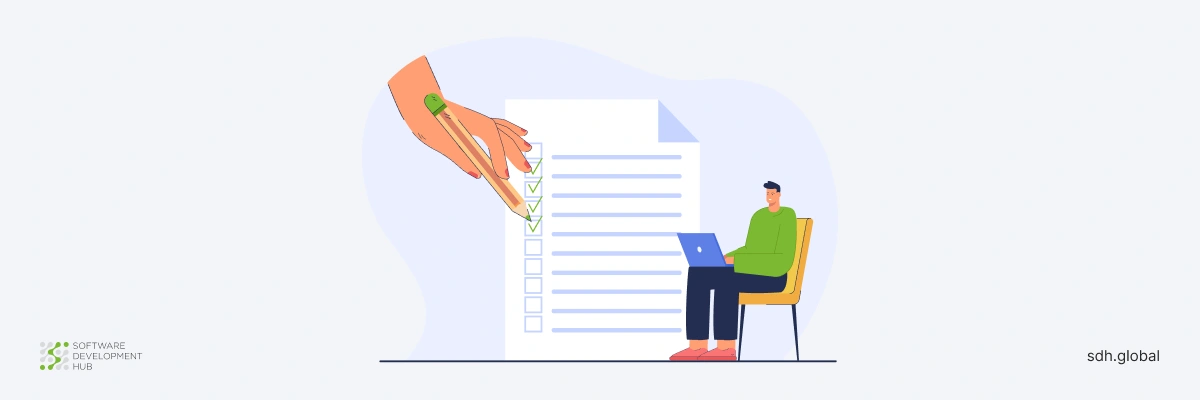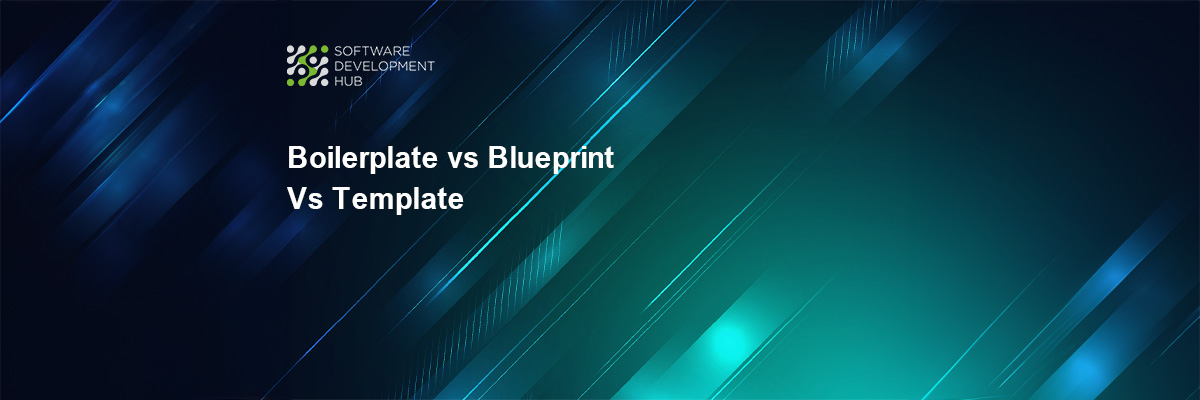Ensuring Software Development Lifecycle Compliance: a Comprehensive SDLC Audit Checklist
In the dynamic landscape of software development, adherence to the System Development Life Cycle is paramount to ensure the successful design, development, and maintenance of robust software solutions. A crucial aspect of maintaining SDLC integrity is through periodic audits that evaluate various stages of the development process. This article provides a comprehensive SDLC audit checklist, structured around key objectives and stages, to guide organizations in assessing their software development practices.
The primary objectives of an SDLC audit are:
- An SDLC audit is an assessment process designed to identify potential issues, problems, and risks within the software development lifecycle.
- Several common and validated reasons may prompt an organization to undertake an SDLC audit:
- Observation that the software development project is not progressing as per the planned schedule.
- A desire to assess and rectify deviations from the established project timelines and milestones.
- The a need to evaluate the current technology stack and infrastructure.
- Identifying technology gaps or deterioration in KPIs prompts a reassessment of the technological foundation.
- Specific concerns regarding the quality of the product's source code.
- Issues such as frequent delays, and increased maintenance costs may drive the decision to audit the source code thoroughly.
SDLC Audit Checklist
SDLC Processes and Methodologies
✅
✅
✅
✅
Code Quality and Review
✅
✅
✅
✅
✅
✅
Testing Procedures
Testing Documentation
✅
✅
Test Environment
✅
✅
Test Coverage
✅
✅
Security Measures
✅
✅
✅
✅
✅
✅
Development Documentation
✅
✅
✅
✅
Change Management
✅
✅
✅
✅
Compliance and Regulatory Measures
Regulatory Compliance
✅
✅
Internal Policies
✅
✅
Continuous Improvement
Lessons Learned
✅
✅
Feedback Mechanisms
✅
✅
In an ever-evolving technology landscape, organizations must prioritize the safety, reliability, and efficiency of software development processes and Software Development Hub can help you with that. An SDLC audit serves as a comprehensive study that offers valuable insights and recommendations to improve the overall state of the software development lifecycle. By implementing the results of an SDLC audit, organizations can ensure the delivery of high-quality software, mitigate risk, and ensure compliance with industry standards and regulations.
Categories
Share
Need a project estimate?
Drop us a line, and we provide you with a qualified consultation.








